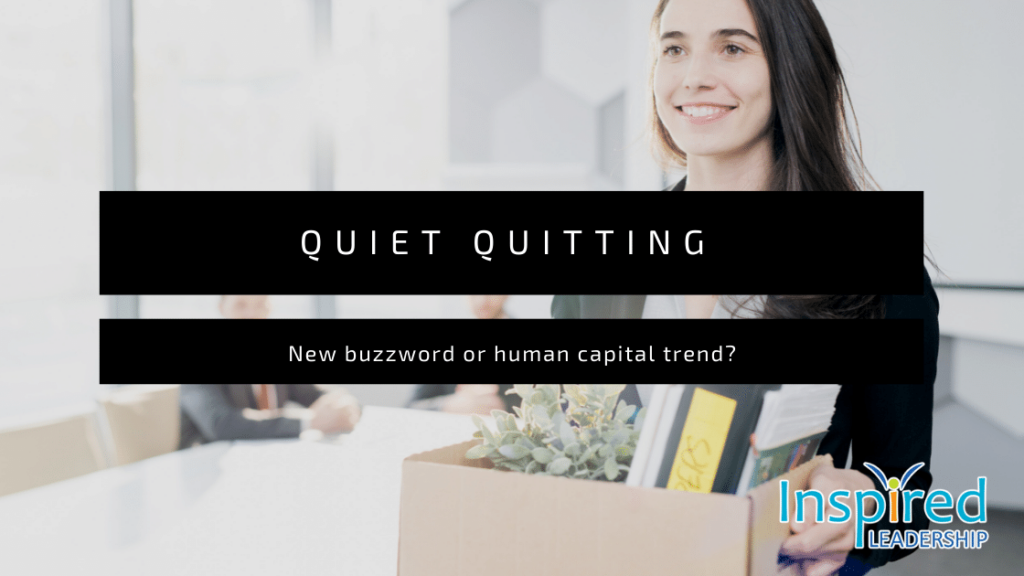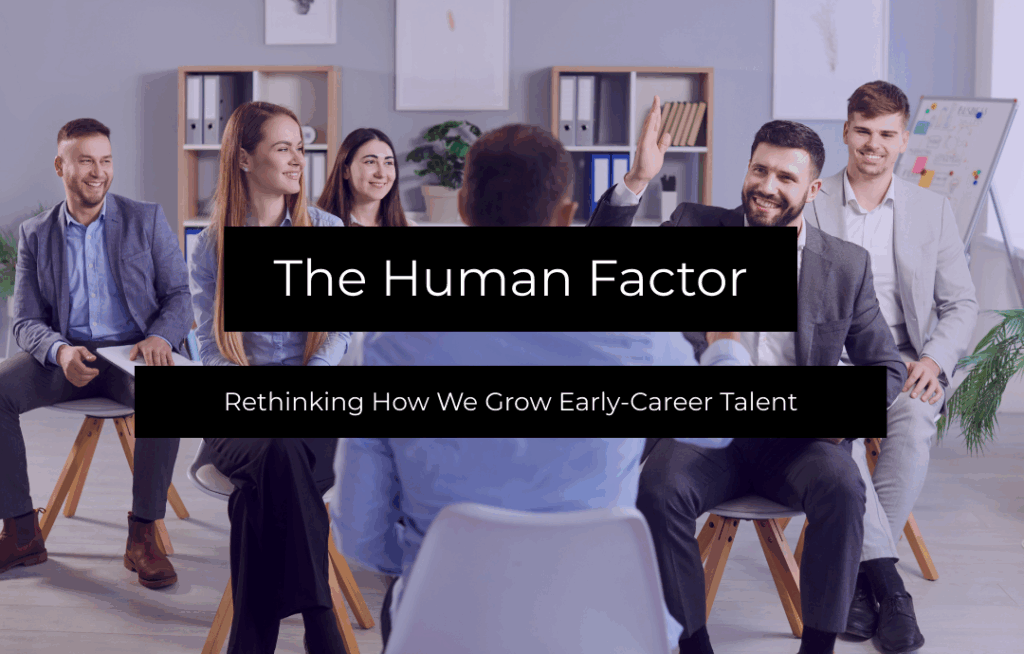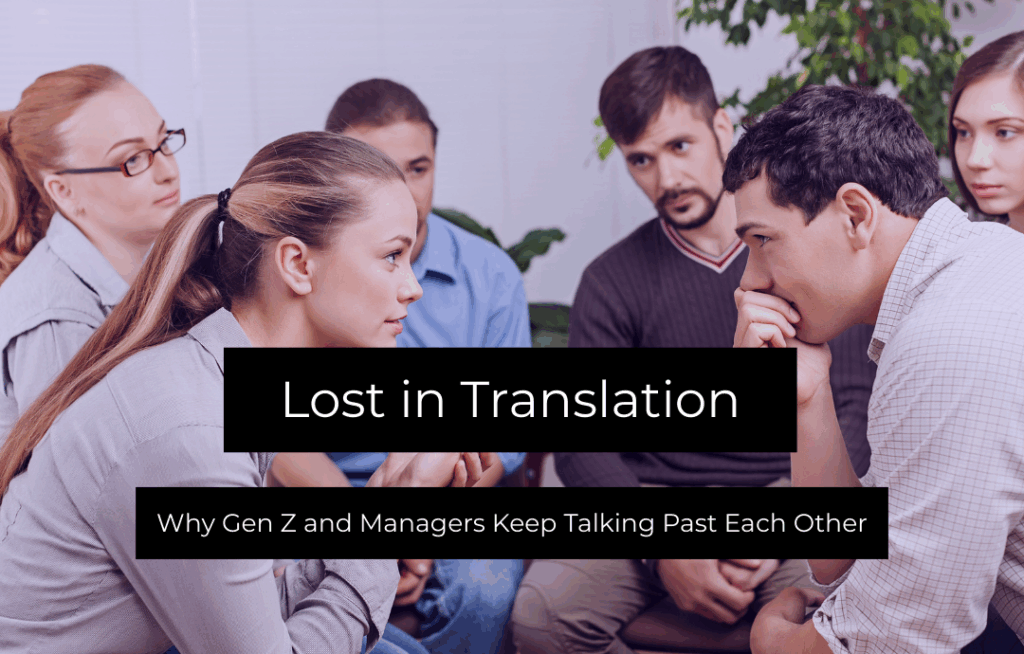Modern organisations are not slowed by a lack of information. They are held back by delayed decisions. In an environment where opportunities shift quickly and market conditions evolve daily, speed is one of the most valuable assets a leader can offer.
Marc Benioff of Salesforce describes speed as the new currency of business. Companies that act promptly gain momentum. They adapt to change with confidence, respond to customer needs more effectively, and position themselves ahead of slower competitors.
Speed as a Strategic Advantage
Research by McKinsey shows that organisations built for speed outperform their peers in customer responsiveness, innovation, and financial results. Businesses that make and implement decisions more quickly report stronger returns on capital and higher levels of employee engagement.
Speed supports agility. It enables teams to adapt, test ideas, and scale with focus rather than becoming stuck in layers of internal approval. Amazon is a well-known example. Jeff Bezos promotes a principle of making fast, reversible decisions. He encourages leaders to act even if consensus has not been reached, as long as the risks are manageable.
Netflix is another success story. Its bold move into streaming set it apart from others who hesitated. Blockbuster, in contrast, waited too long to adapt and ultimately disappeared.
The Human Element
Speed must be balanced with emotional intelligence. When leaders take too long to decide, teams can feel stuck and uncertain. When they move too quickly without communication, the result is often confusion and fatigue.
Effective leaders build a culture of empowered decision making. They ensure their teams have the confidence and authority to act. According to Deloitte, high-performing organisations decentralise decision making to increase speed and ownership.
Simon Sinek reminds us that people are still people. Even in fast-moving environments, individuals require clarity, purpose, and trust. Speed should feel energising, not overwhelming.
What the Research Says
McKinsey reports that:
Only 37 percent of managers believe their organisation is both fast and high in decision quality
Companies that decide more quickly are twice as likely to make high-quality decisions
Speed is directly linked to improved productivity and stronger returns on investment
A behavioural study also showed that leaders who make prompt decisions are viewed as more competent and confident than those who delay. The perception of leadership strength is closely tied to the ability to decide.
In many cases, speed does not reduce quality. It improves it.
Real-World Examples
Amazon
Embraces speed in decision making to avoid operational slowdowns.

Tesla
Drives innovation by encouraging rapid iteration, even when it involves risk.

Netflix
Took decisive action to move into streaming, while competitors waited.

Checkers Sixty60 (South Africa)
Introduced its delivery app just before the pandemic, securing a lead in on-demand retail.

The Future of Leadership
- Artificial intelligence enables quicker access to insights
- Agile working methods allow teams to experiment and adapt in short cycles
- Distributed and remote teams require faster, autonomous decision making
What Makes a Fast Leader?
Encourage thoughtful discussion, then make clear decisions
Push decision making closer to the front lines
Prioritise transparency and direction over micromanagement
Build trust in their teams and in the systems that support them
Strong leaders do not wait for perfect answers. They act when the information is good enough, and they adjust if needed. Their focus is on movement, not perfection.
Final Thoughts
Speed in leadership is not about being reckless. It is about being prepared. It is the ability to act with confidence, supported by insight, trust, and values.
Leaders who decide quickly guide their teams with clarity. They reduce hesitation, increase engagement, and build organisations that are ready to meet the future with strength.
When speed is aligned with purpose and grounded in trust, it becomes more than a tactic. It becomes a powerful advantage.
References
- Bezos, J. (2015). 2015 Letter to Shareholders. Amazon.Business Insider. (2021). Elon Musk’s approach to decision making.
- BusinessTech. (2020). How Checkers Sixty60 changed South Africa’s retail landscape.
- Deloitte. (2020). The Adaptable Organisation.
- Harvard Business Review. (2016). Blockbuster and the business of decision-making.




